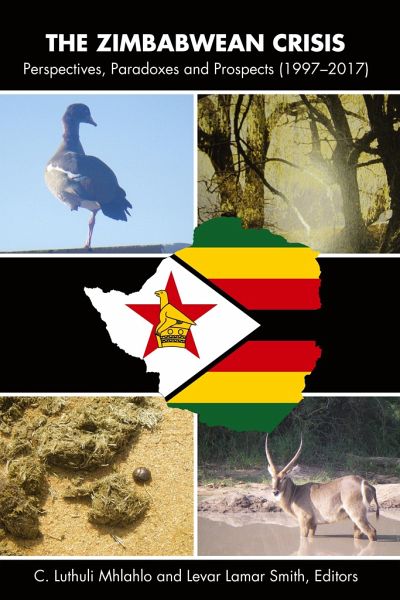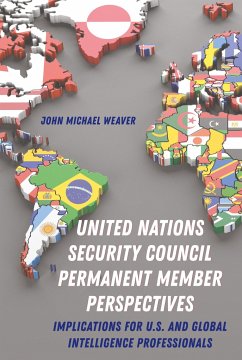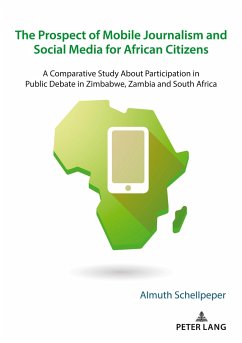
The Zimbabwean Crisis
Perspectives, Paradoxes and Prospects (1997-2017)
Herausgegeben: Mhlahlo, C. Luthuli; Smith, Levar Lamar
Versandkostenfrei!
Versandfertig in 6-10 Tagen
121,80 €
inkl. MwSt.
Weitere Ausgaben:

PAYBACK Punkte
0 °P sammeln!
This four-part multidisciplinary volume linearly engages with Zimbabwe's not too distant past and present socio-economic and political situation to 2017. It traces, explores, and analyzes the proceedings and internal mechanisms of the country's state of crisis via eclectic lens to primarily argue that, while during the colonial era some western governments were, and could indeed be implicated and held complicit for the negative developments in the country, post-independence, particularly from 1997 to 2017, Zimbabweans must objectively, individually and collectively introspect and take responsi...
This four-part multidisciplinary volume linearly engages with Zimbabwe's not too distant past and present socio-economic and political situation to 2017. It traces, explores, and analyzes the proceedings and internal mechanisms of the country's state of crisis via eclectic lens to primarily argue that, while during the colonial era some western governments were, and could indeed be implicated and held complicit for the negative developments in the country, post-independence, particularly from 1997 to 2017, Zimbabweans must objectively, individually and collectively introspect and take responsibility for some of the crisis. Part 2 consequently examines and paradoxically, both commends and condemns the agency of both the then Mugabe-led government and those Zimbabweans who refused to be victims and devised strategies to survive the crisis, albeit, at times, by victimizing others. Part 3 scrutinizes the highs and lows of the crisis by focusing on some of the prominent personalities of the crisis period covered. It premises that as a result of the November intervention by the military, the crisis had by 2017 reached a watershed, one that could either abate or exacerbate the crisis after Zimbabwe's elections in 2018. Despite the uncertainty which lay ahead, Part 4 audaciously and optimistically, proffers and charts prospective paths and possibilities which are open to the country as it faces the future.













